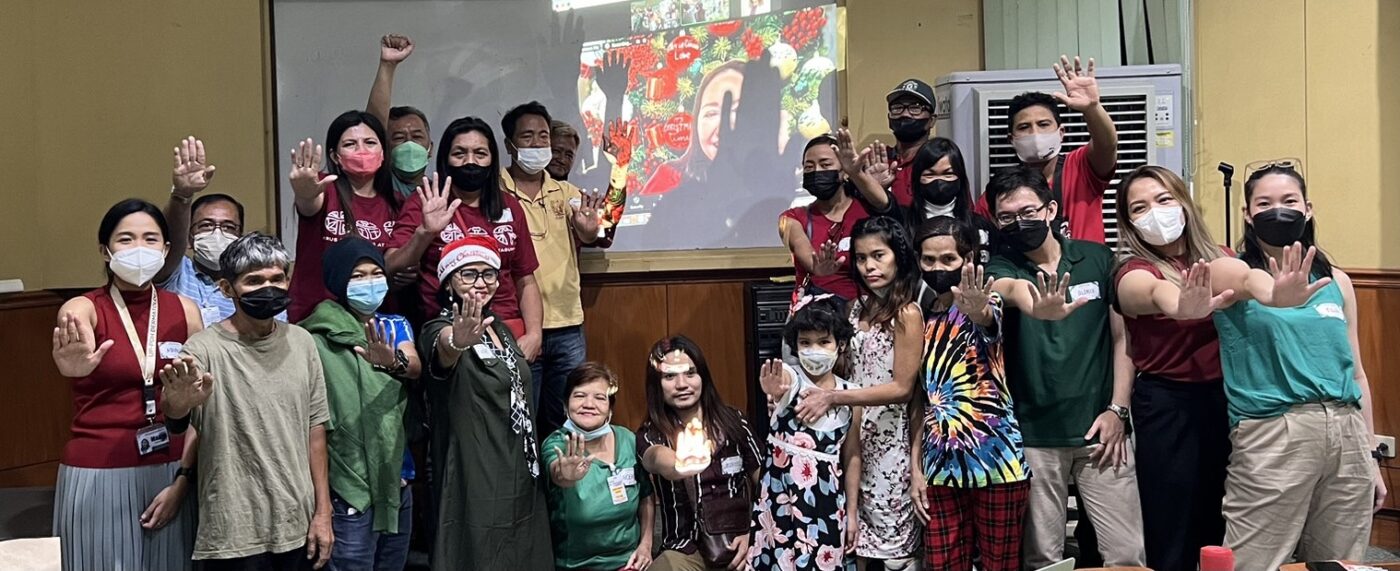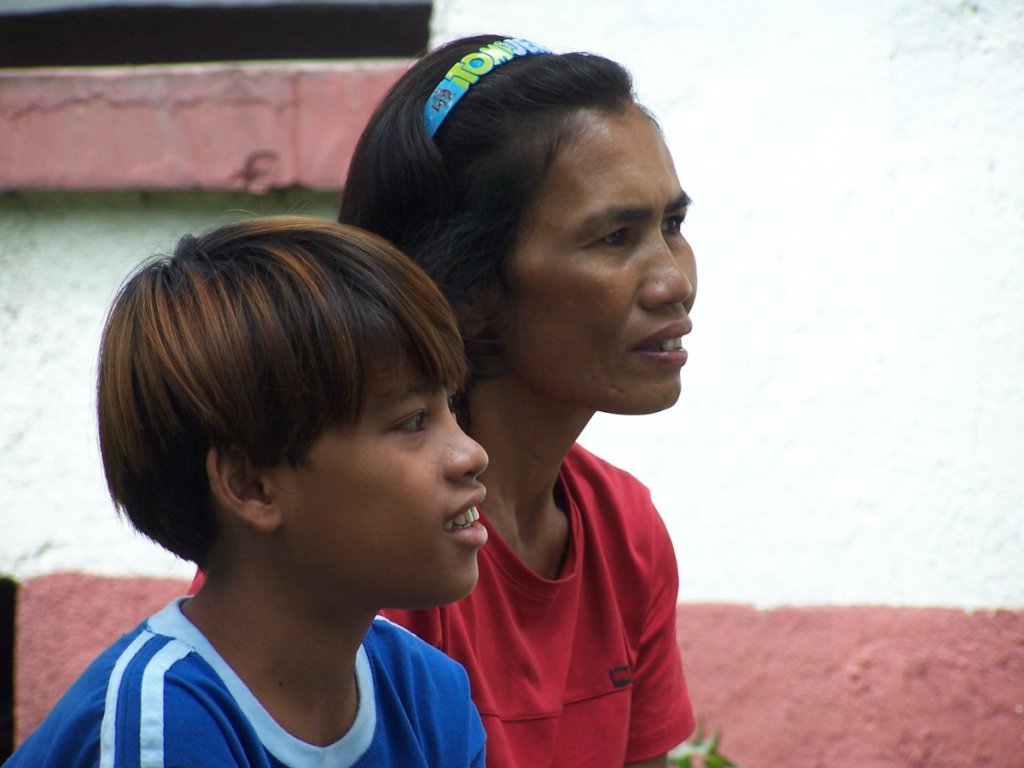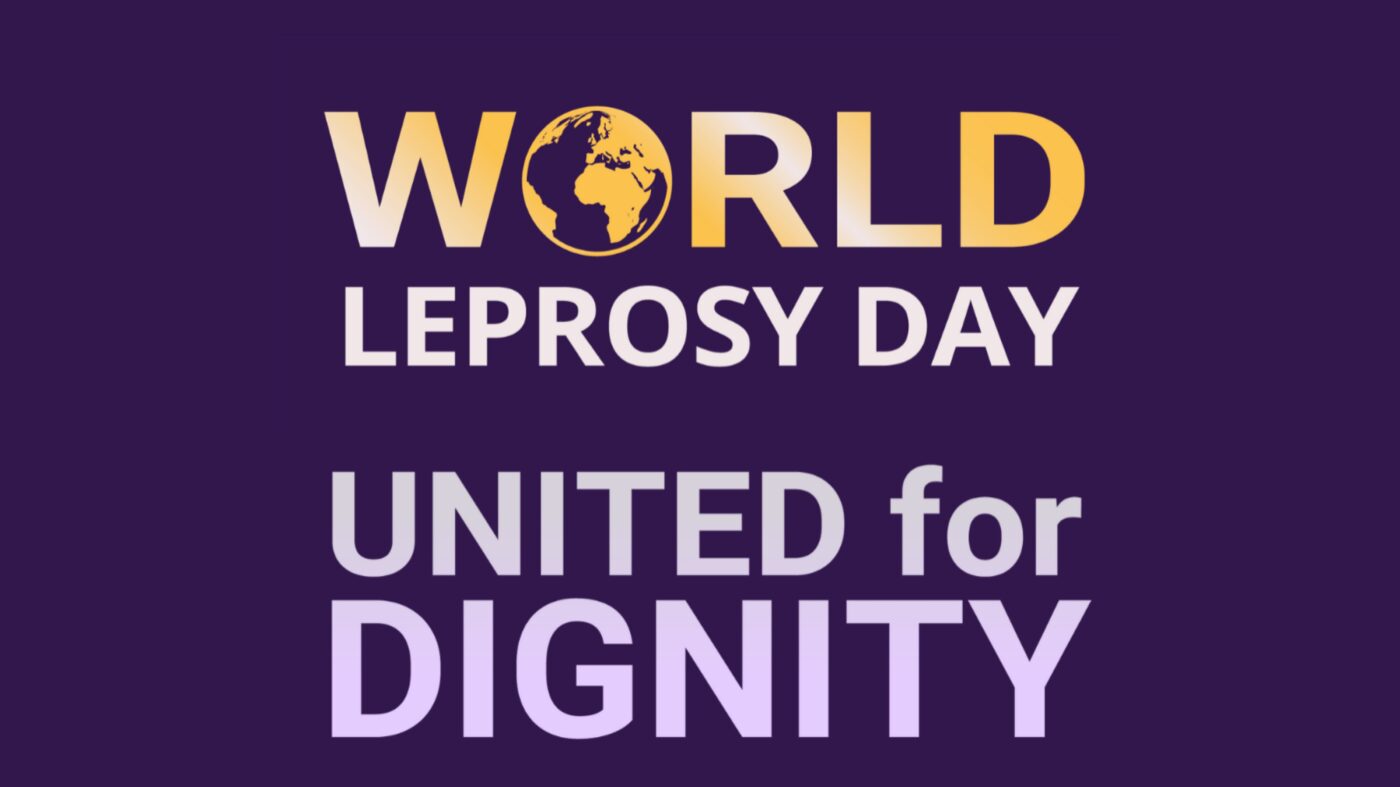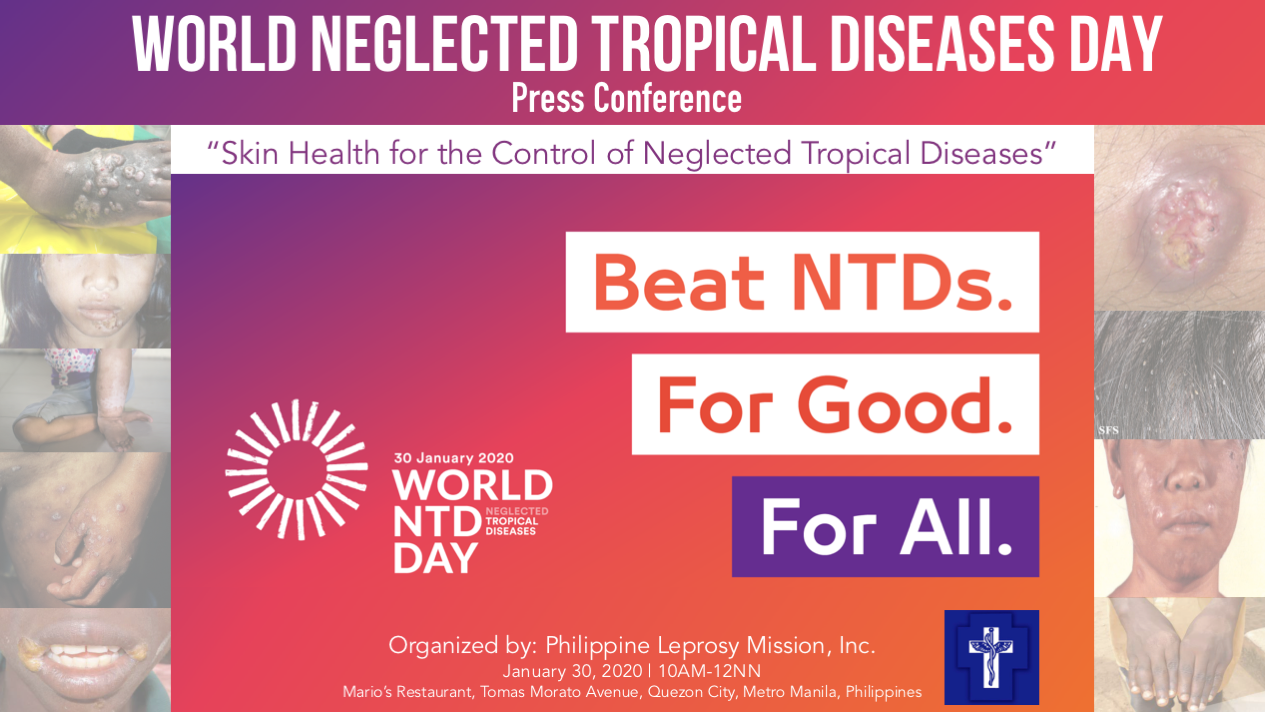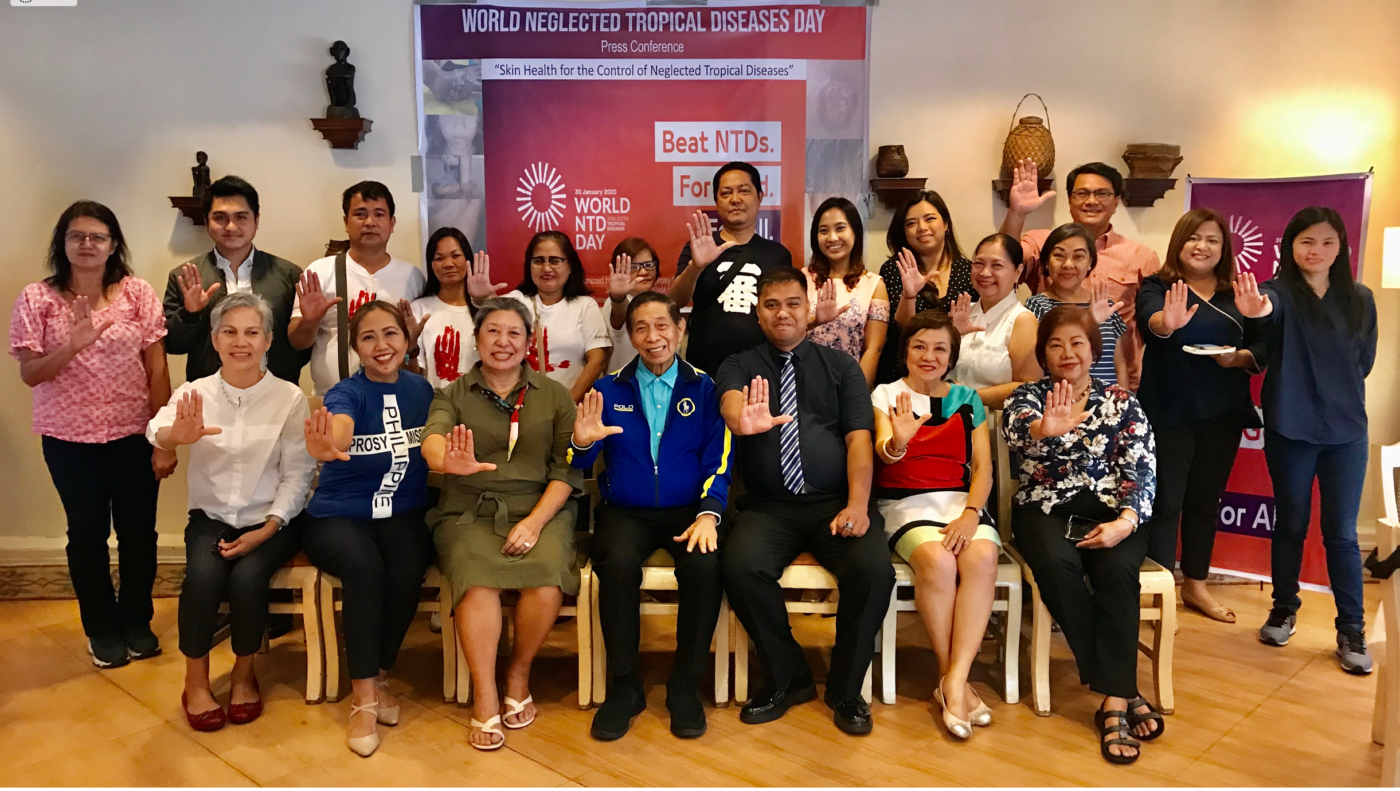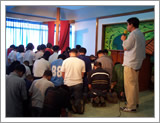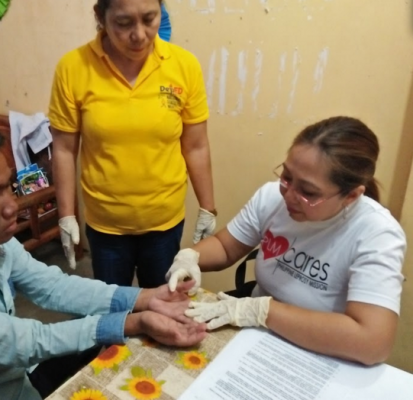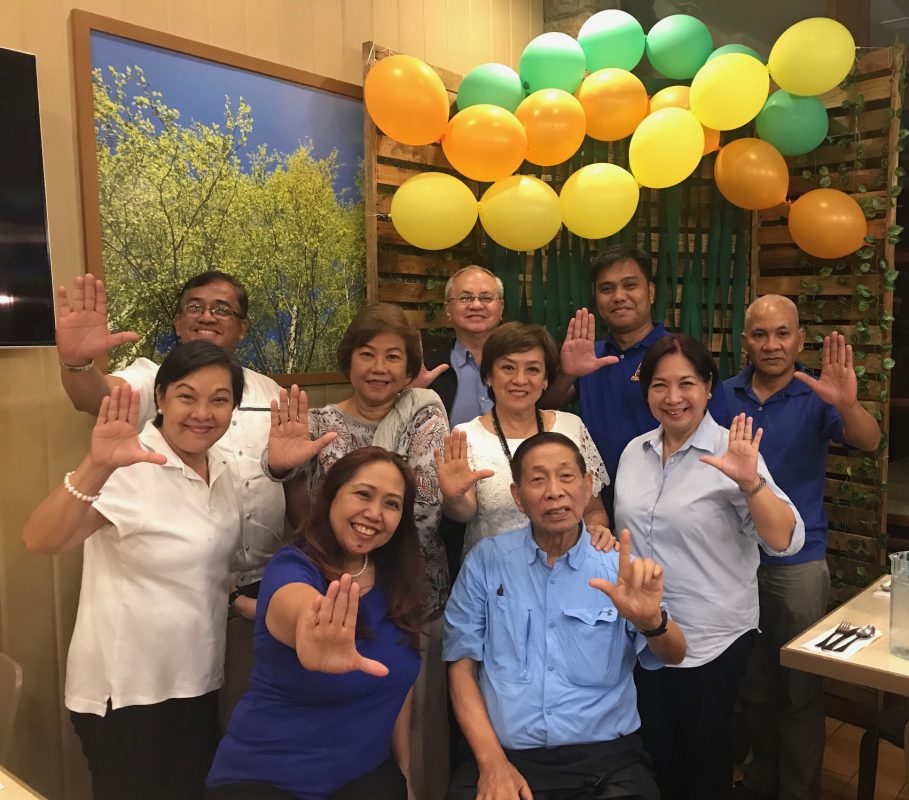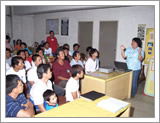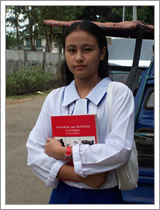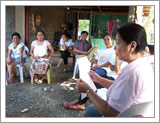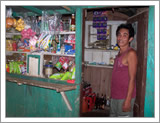Transform lives of 30 Filipino Leprosy Patients
Leprosy is a chronic, infectious disease of the nerves and skin. It is curable yet the stigma and discrimination may last a lifetime, leading to poverty. This project will help support the school needs, health care, and counselling of 30 Filipino children and young adults who have leprosy or whose parents have been disabled by leprosy. Formal education and skills training will enable them to gain income, escape poverty, overcome stigma and discrimination, be productive and live with dignity.
Challenge
Leprosy is a chronic infectious disease of the nerves and skin that leads to disability and stigma. It is curable but may have complications like blindness, damaged hands or feet. Livelihoods are lost due to the physical disability or worse, the discrimination and stigma. Many children of leprosy patients start school but drop out in the middle of the school year because their parents can not fully provide for them. Some children cannot even start. Many become impoverished.
Solution
We can stop the cycle of leprosy and poverty by helping patients, as well as the children of disabled patients, stay in school or learn vocational skills. We can provide support for either transportation, lunch, school supplies, uniforms, tuition, or graduation expenses, plus health care and counselling. We monitor their progress together with community partners. We help them cope with the difficulties of having leprosy and its complications, both physical and socioeconomic.
